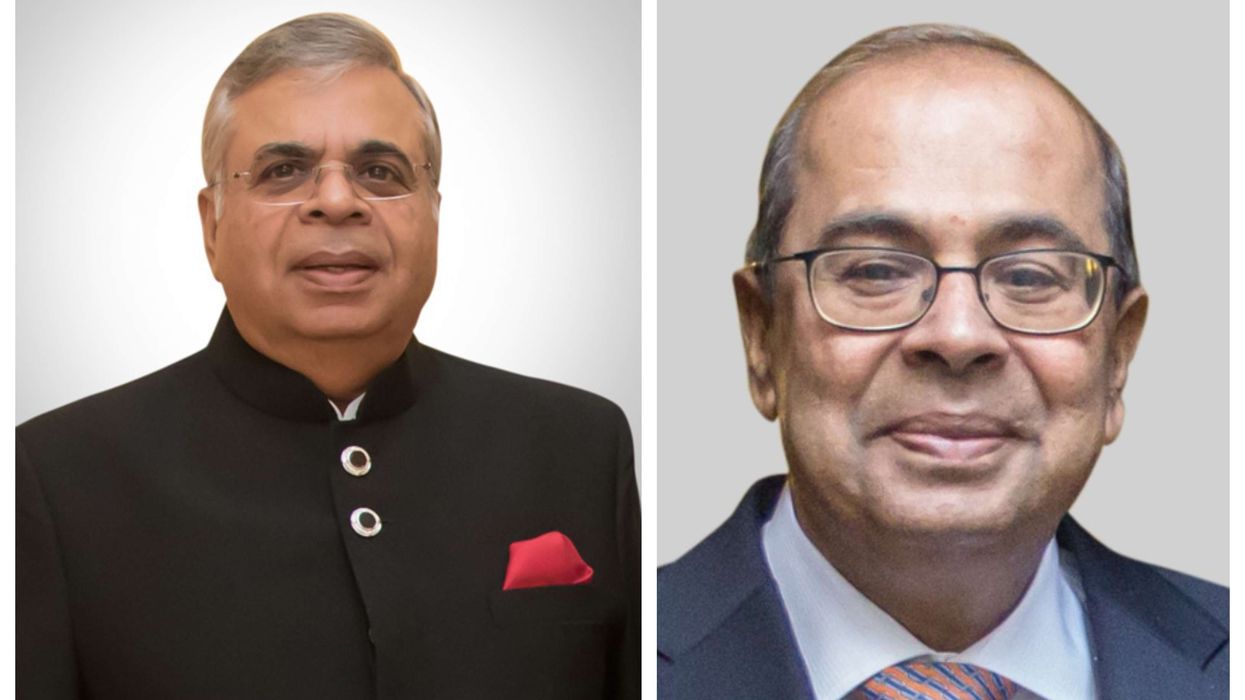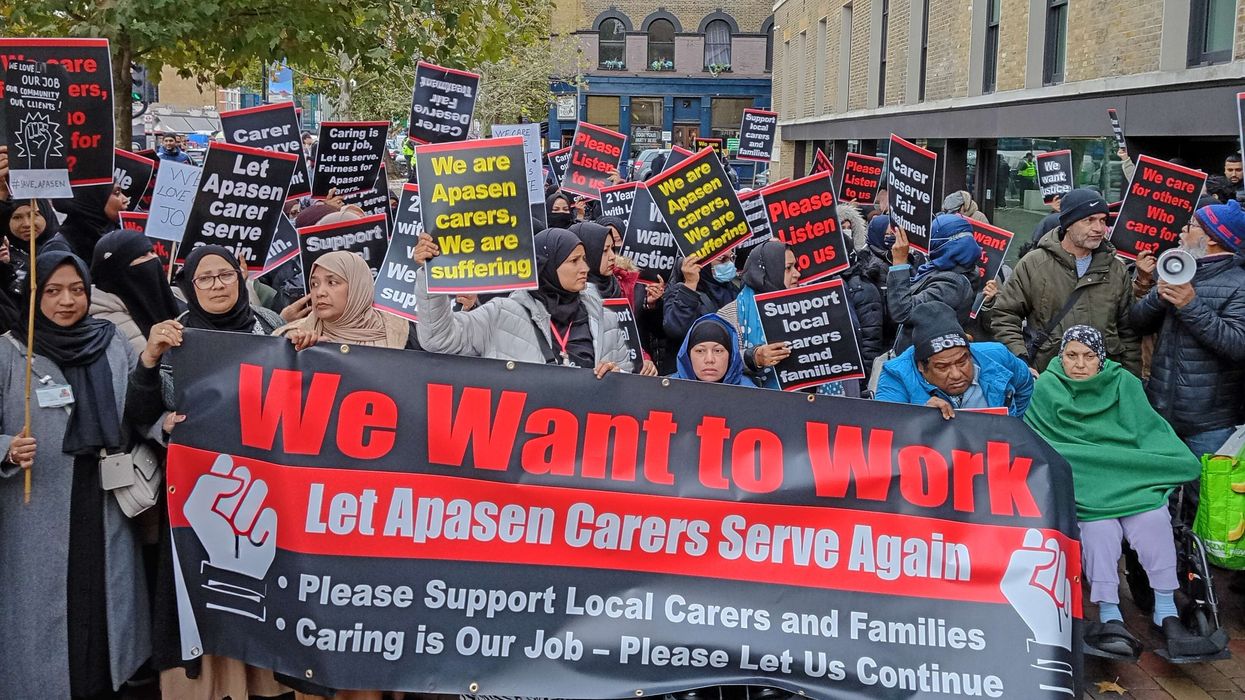FORMER prime minister Rishi Sunak’s wife, Akshata Murty, said her family “never shied away” from their Indian heritage while living at Downing Street.
Murty reflected on her years in public life and the role that Indian culture and family traditions played in keeping her grounded at an event last Saturday (22).
She delivered the guest of honour address at the Bharatiya Vidya Bhavan UK’s annual Diwali dinner at the Nobu Portman Hotel in central London, where she spoke openly about the significance the Bhavan had held for her over two decades.
Murty said, “I think the real test of one’s confidence is whether we can express ourselves fully and comfortably in front of others; can we be proud of our culture, can we own it, can we showcase it without fear or judgment.
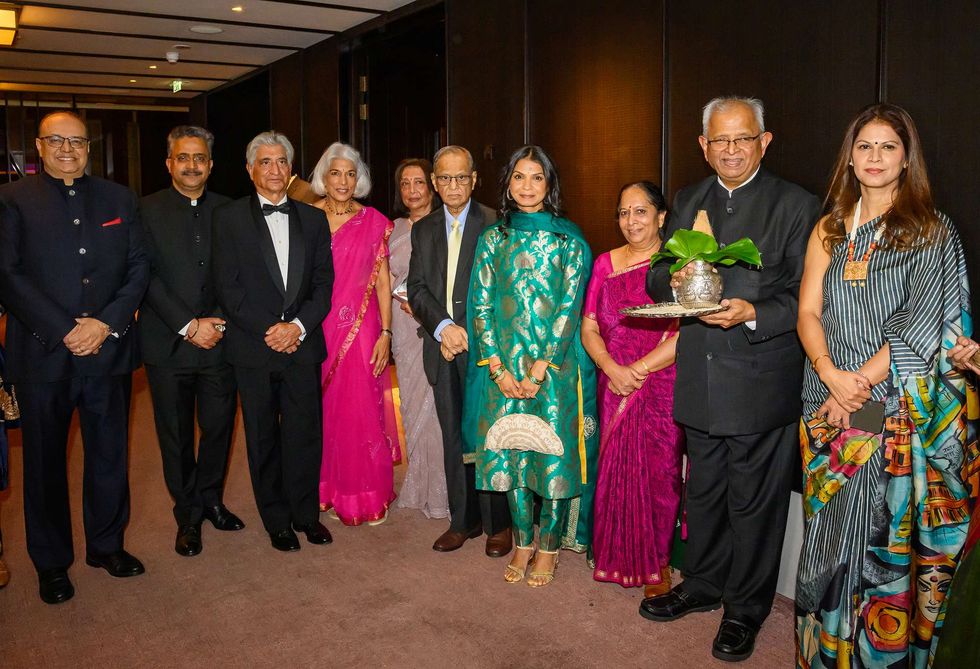
“We were privileged to experience that test as residents of 10, Downing Street, one of the world’s most visible stages, when we lived there when my husband was prime minister. There, we had the opportunity to celebrate our traditions and values openly by staying true to who we are and to our culture.”
She added, “Whether it was lighting diyas at the front door for the very first time, creating rangoli patterns outside No. 11 (the chancellor’s official home, when Sunak held that post), or even making rasam upstairs in the No. 10 flat, we never shied away from our heritage, we never shied away from who we are.”
These small acts, she said, helped make unfamiliar surroundings feel like home. They were also reminders, she noted, of the values that shaped her upbringing: warmth, simplicity, and a sense of continuity passed down through generations.
Murty said her family was determined to keep their cultural identity intact despite the demands of office and during a period of intense political responsibility for Sunak.
She described the Bhavan as a “bridge to our heritage” and said many families like hers had found comfort and belonging at the centre.
Murty was accompanied by her father, Infosys co-founder Narayana Murthy, as well as her in-laws, Dr Yashvir Sunak and Usha Sunak.
In her remarks, Murty reflected on her personal relationship with the Bhavan. She recalled visiting it for the first time as a young traveller in London, long before she imagined building a life in Britain.
Years later, when she returned as a mother with two children growing up between cultures, she found herself drawn back to the Bhavan’s classes, teachers and community support.
Most recently, Murty said she re-entered its classrooms, this time as a student learning Kuchipudi alongside her younger daughter Anoushka, under dancer Arunima Kumar.
She described the Bhavan as a place that nourishes its community “spiritually, emotionally, culturally and nutritionally”, noting with warmth that food shared in the canteen or after performances often created the same sense of connection as art and learning.
In his speech as chief guest, India’s high commissioner to the UK, Vikram Doraiswami, praised the Bhavan for its decades-long contribution to cultural understanding.
Calling the institution “truly unique”, he said it helped “open up Indian cultural space” to everyone in Britain, regardless of background.
He encouraged the Bhavan to remain outward-looking and inclusive. “Looking ahead, the journey of the Bhavan should be to open up even further and include every community that makes up this wonderful United Kingdom,” he said.
Doraiswami also acknowledged the presence of Narayana Murthy, whom he described as “the original boss” in the world of technology, drawing warm laughter from the audience.
Bhavan chairman Subhanu Saxena used his address to highlight a concern currently facing the centre. He said new local parking restrictions – allowing only one hour of parking in nearby streets – were making it difficult for students and teachers to attend classes that typically run for longer periods. He urged the community to support the centre as it campaigns for a more workable arrangement with the local authority.
The event, compered by Raghu Nand, son of the Bhavan’s executive director Dr MN Nandakumara, brought together senior figures from the British Indian community. Among those present were Lord Navnit Dholakia and Lord Dolar Popat. The event was supported by the Chellaram Foundation.
The Bharatiya Vidya Bhavan has been part of Britain’s cultural landscape since the 1970s. Its London centre offers more than 120 classes in music, dance, language, yoga, philosophy and other disciplines, attracting thousands of students each year.
Bhavan’s students and teachers performed cultural programmes as part of the event.
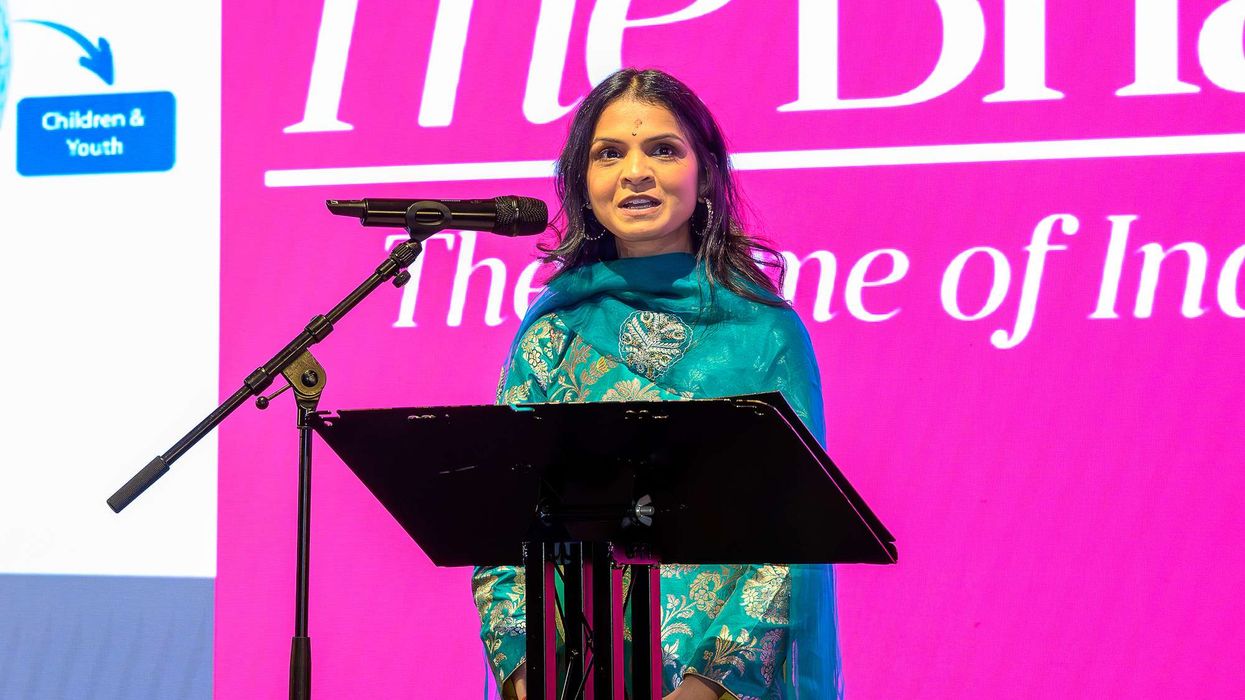
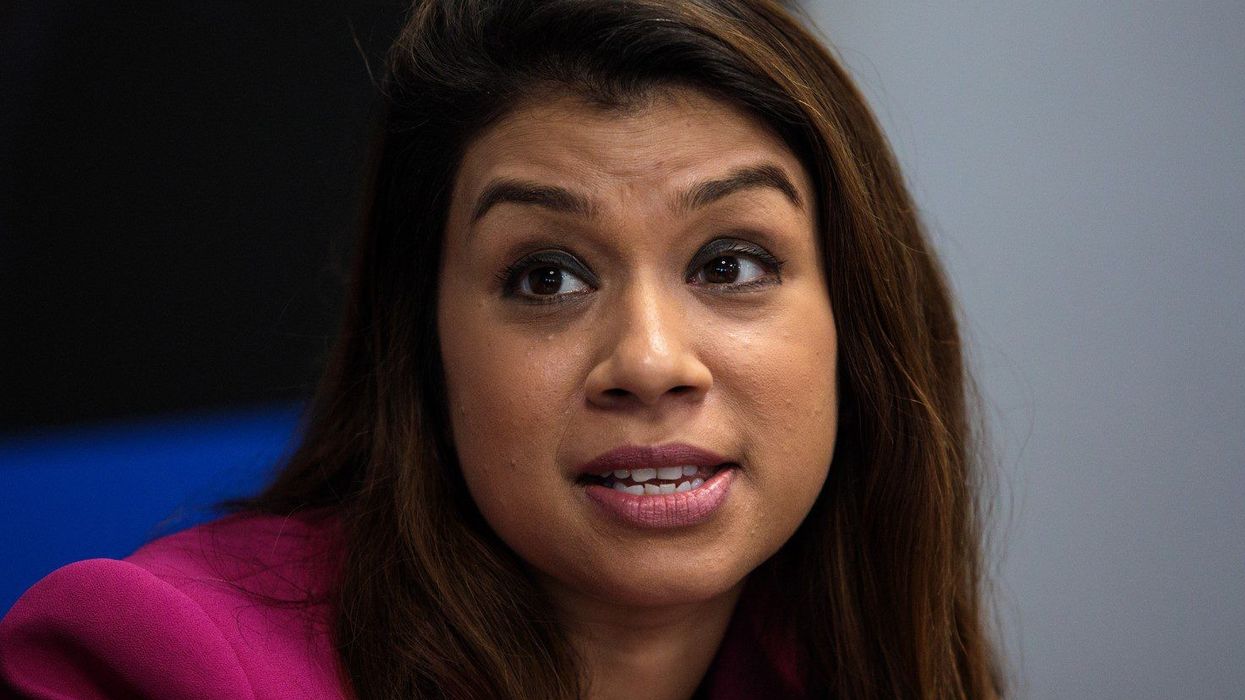
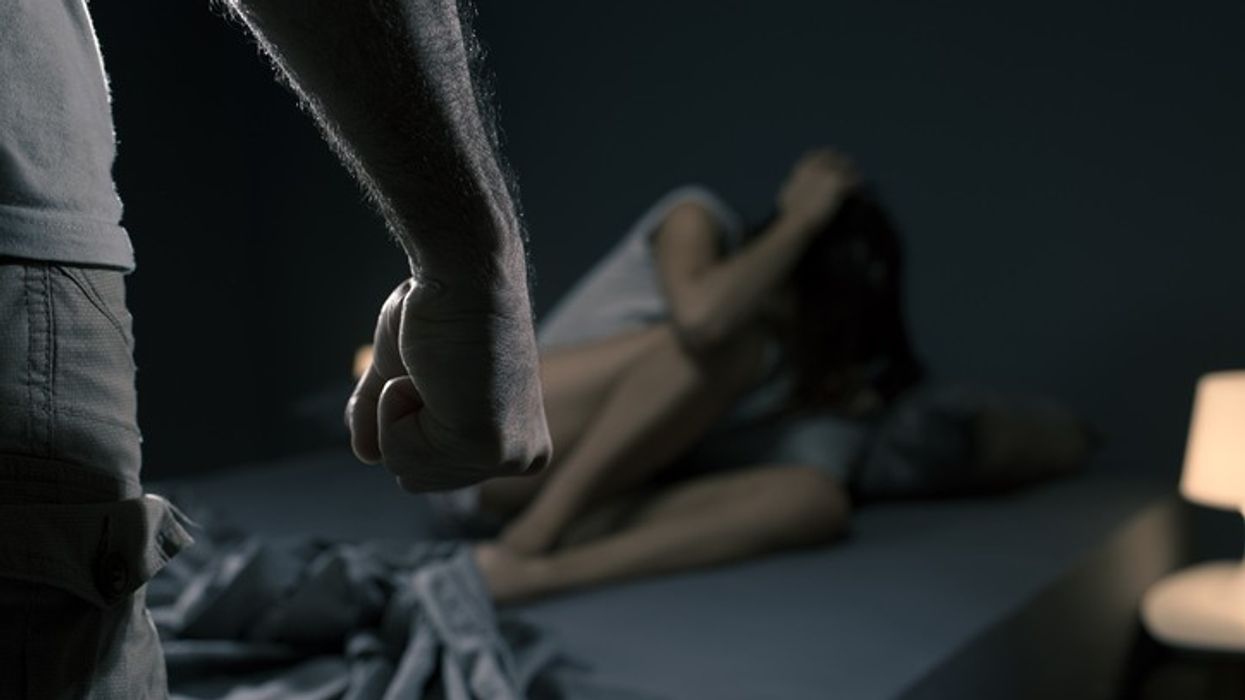
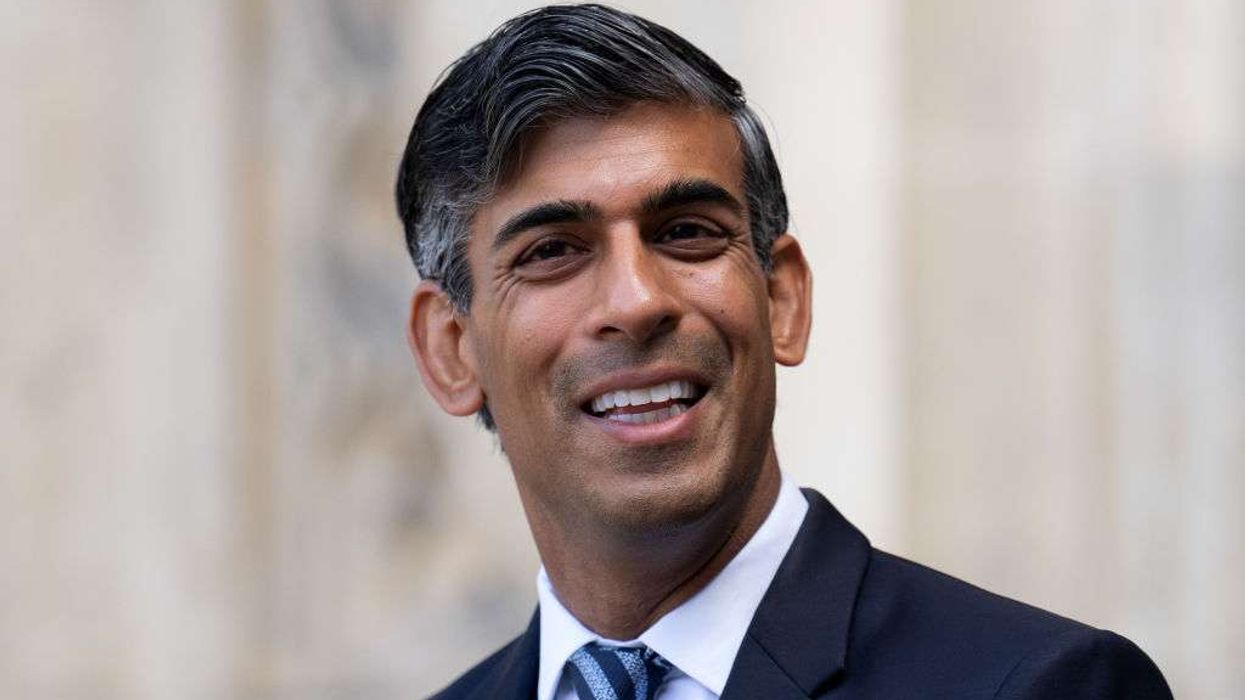
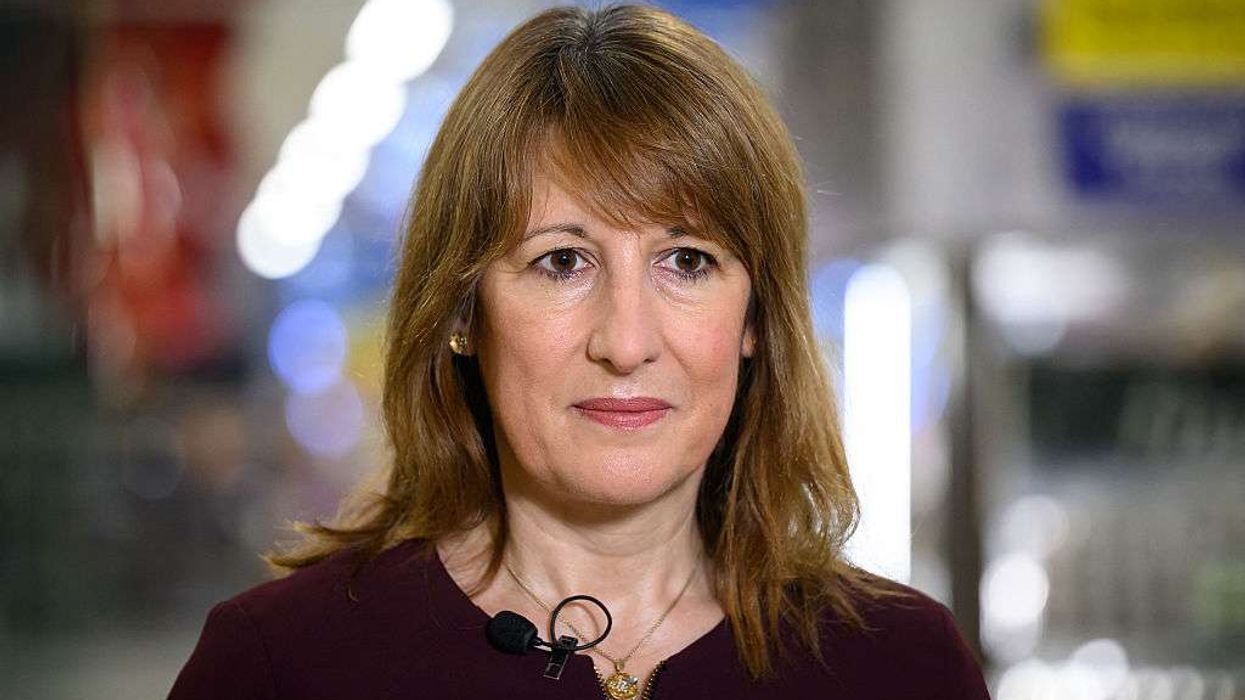
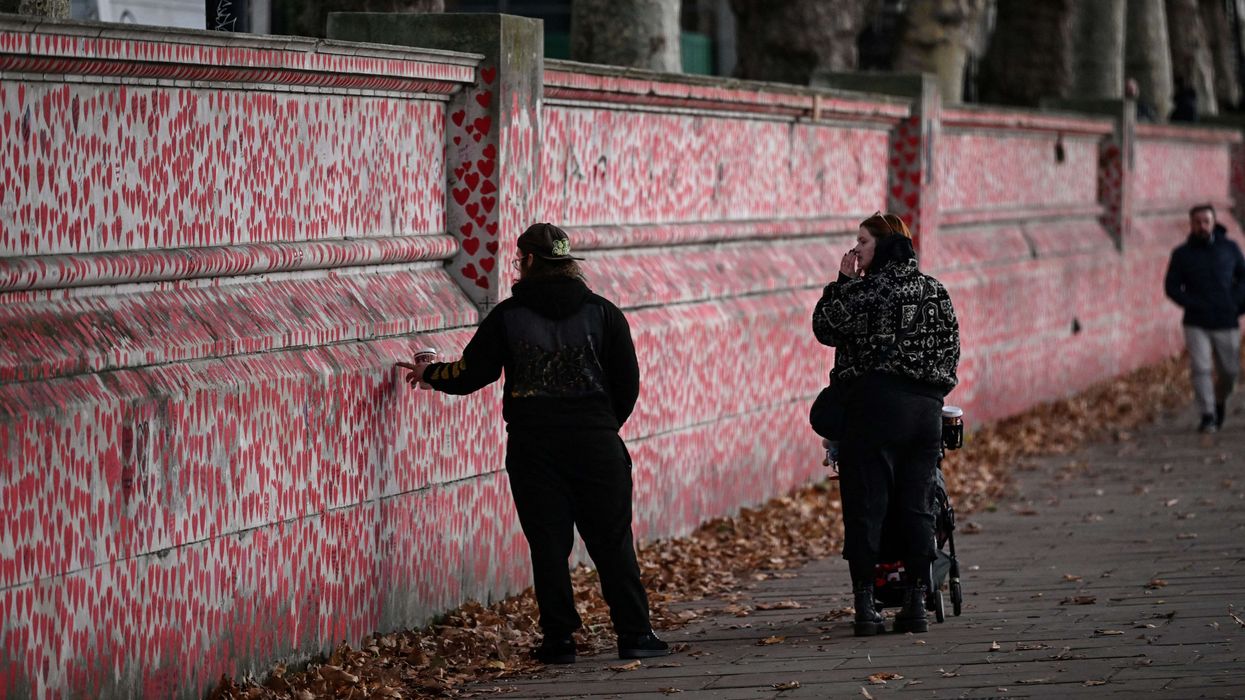
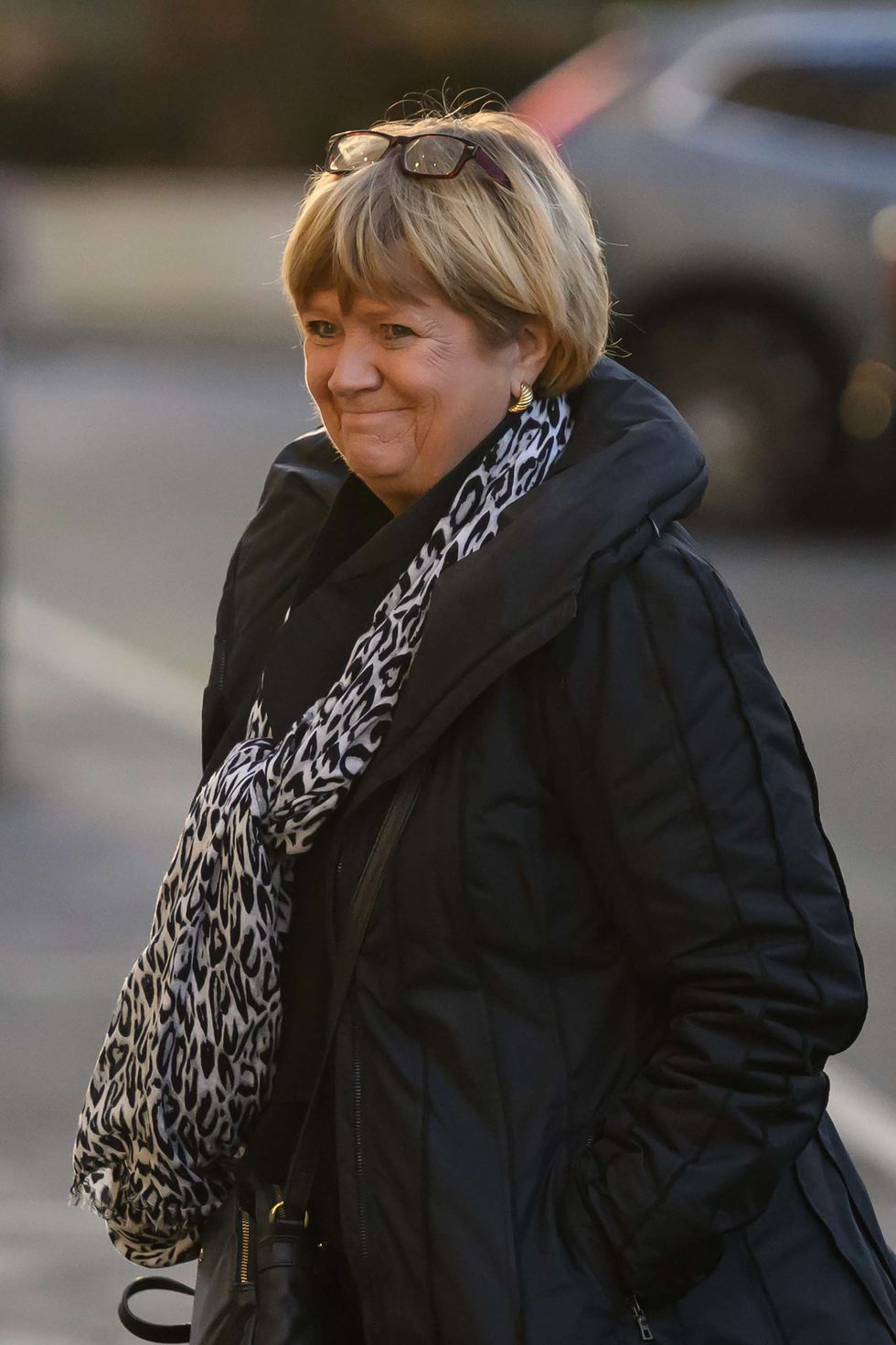 Baroness Heather Hallett
Baroness Heather Hallett 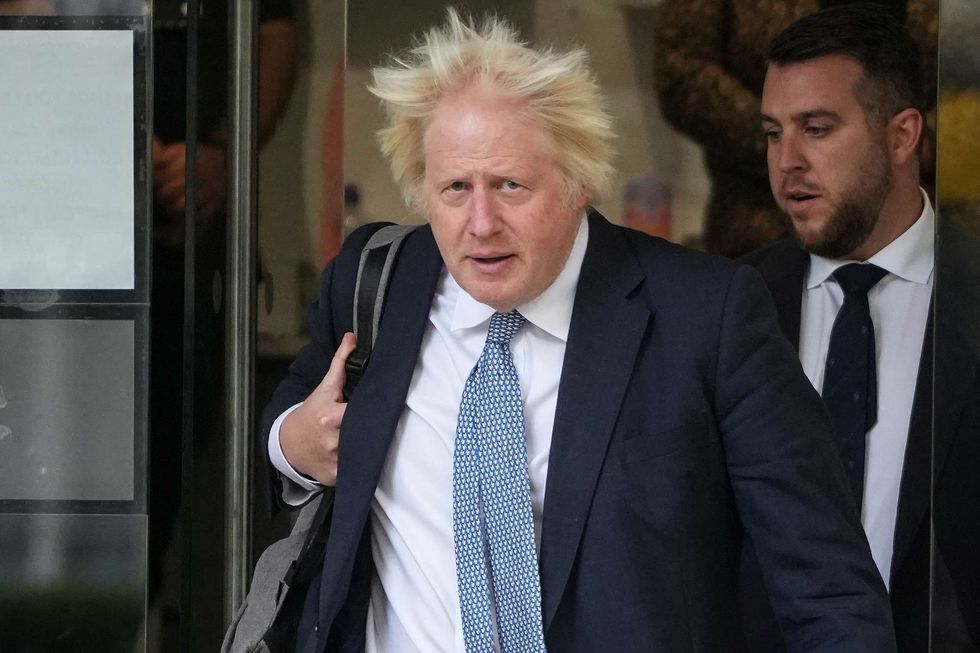 Boris Johnson
Boris Johnson
